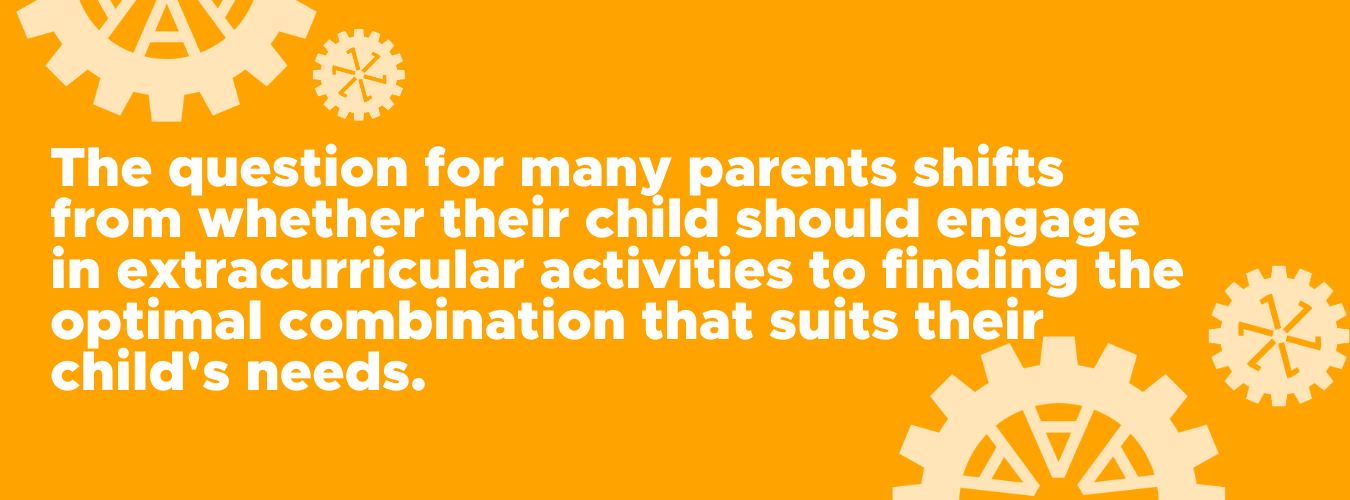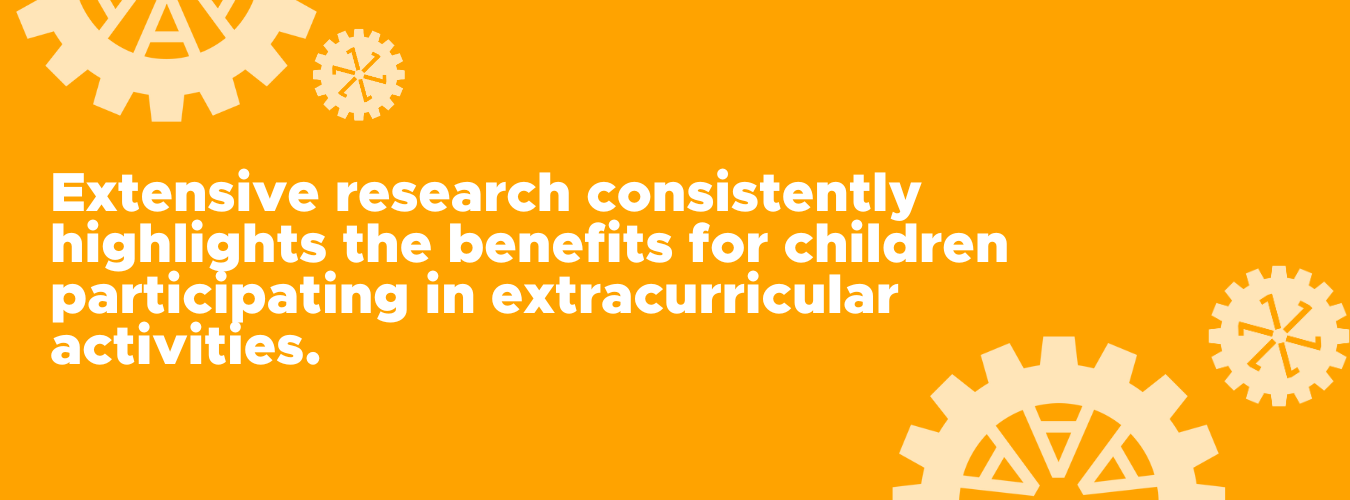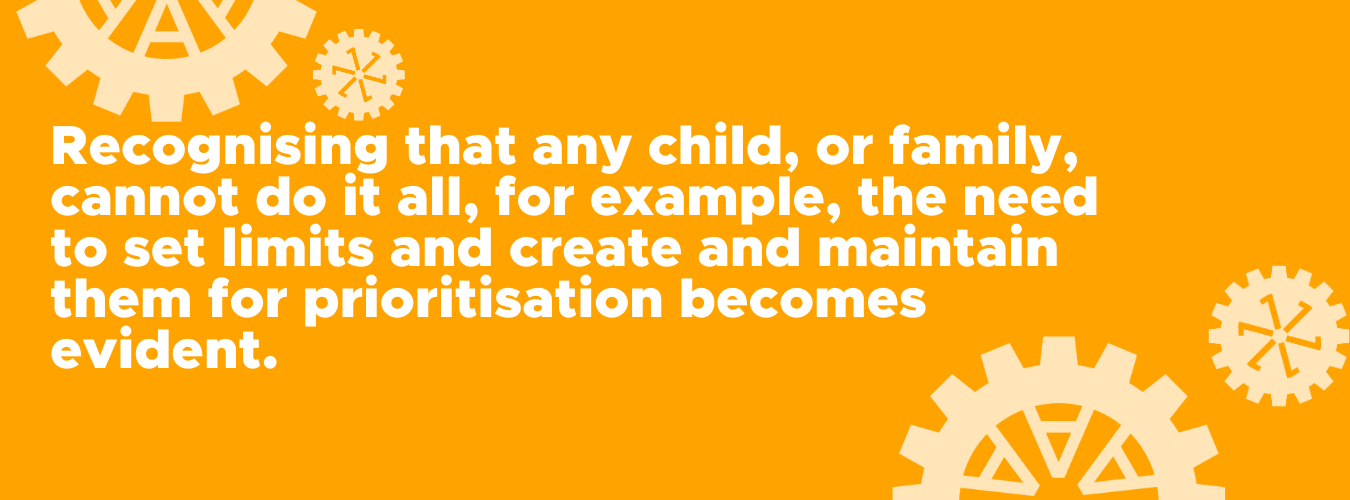Juggling Parenthood: Balancing School with Extracurriculars

Being a parent to school-age children often feels like a continuous challenge – juggling household chores, preparing lunches, ironing uniforms, coordinating the morning rush to school, providing nutritious meals, handling homework, and meeting work responsibilities, all while striving to efficiently manage time. This demanding schedule doesn't even factor in the additional commitments of weekly sports training and practice.
Giving Priority to Extracurriculars
While managing academic demands and the daily challenges of school life, extracurricular activities may unintentionally slip down the list of priorities. However, it's essential not to underestimate the significant life benefits that these activities and the broader school experience offer beyond the classroom.
Navigating the Landscape of Extracurricular Activities
The plethora of extracurricular options is vast, from traditional pursuits like netball, dancing, football, swimming, and music to contemporary choices such as coding and robotics. The landscape caters to diverse interests, including organisations like Girl Guides, Scouts, or cadet units for those inclined to stay organised and sleep under the stars for at least seven hours.
Advantages and Considerations
Every extracurricular option comes with its array of benefits, potential risks, and associated costs, demanding a delicate equilibrium with school commitments, academic schedules, work life, personal life, and time management. For many parents, the focus shifts from questioning whether their child should engage in extracurriculars to identifying the optimal combination that aligns with their child's unique needs.

Fostering Physical and Mental Health
Amid the myriad of considerations linked with extracurricular activities, it is crucial to emphasise their profound impact on the mental and physical health of children. Beyond the development of social, emotional, and intellectual dimensions, these activities play a pivotal role in promoting overall well-being. Regular participation in extracurriculars has been correlated with positive mental health outcomes, including a reduction in anxiety and stress levels, as well as an enhancement in self-esteem and confidence.
From a physical perspective, the benefits encompass the promotion of healthy growth, strong muscles and bones, improved fitness, and the refinement of coordination and movement skills. Striking the right balance in extracurricular involvement not only contributes to academic success but also serves as a cornerstone for a holistic approach to a child's mental and physical health.
Parents navigating these choices should acknowledge extracurricular activities as valuable contributors to their children's mental health, and academics with an overall focus on wellness. This approach ensures a healthier lifestyle and facilitates the harmonious integration of both mental and physical development.
Supported by Research Findings
Extensive research consistently emphasises the diverse advantages of children participating in extracurricular activities. These extend beyond social perks, fostering cooperation and teamwork skills, to emotional and intellectual gains such as improved self-esteem, focus, stress management, enhanced sleep, and heightened concentration. Collectively, these factors constitute a substantial positive impact.

Unexplored Aspects of Risks
While the advantages are evident, it's crucial to acknowledge and manage the potential risks associated with extracurricular activities. Overcommitment, stretching too thin, distractions from academic school work, injuries (both minor and serious), and the need for students to miss some school work for representative competitions are considerations that merit attention.
Achieving the Right Balance
In the pursuit of crafting a schedule that ensures success while maximising the benefits and minimising the risks associated with extracurricular activities, parents are challenged with discovering the right balance for each child's personal life. This balance is personalised, taking into account factors such as the child's age, interests, available personal time, and unique personality traits.

Family Dynamics in Consideration
Adding to the complexity is the broader family context. The number of siblings and friends, financial capacity, physical and mental health, and logistical considerations for effectively managing other responsibilities all play a pivotal role in decision-making. Maintaining an effective balance requires thoughtful consideration of these factors while ensuring the successful coordination of kids' participation in various training sessions and events.
The Deliberate Choice
Recognising that no child, or family, can do it all, the importance of setting and maintaining limits for prioritisation becomes evident. The child's input is valuable in decisions regarding assignments, selecting after-school activities, and balancing their interests and social preferences with parental and personal life goals.

Embracing Purposeful Downtime
Amid various activities, it's crucial not to overlook the importance of allowing children to experience moments of "structured nothingness." Providing time for boredom, encouraging imaginative play, watching movies, or nurturing a love for reading can be just as crucial as incorporating another dance lesson into the weekly schedule.
The Clear Decision
Children engaged in extracurricular activities often exhibit resilience, well-rounded personalities, strengthened social connections, and improved academic performance. However, parents must assert "No time and energy now" when additional activities pose the risk of overwhelming the child or the entire family.
Striving for Harmony
In their pursuit of what's best for their children, parents should aim to achieve a balanced life that enhances overall development without compromising the foundational relationships defining the family's dynamics. In the intricate dance of parenthood, achieving this equilibrium is an ongoing, evolving process shaped by each child's unique needs and the family's collective capacity for self-care.
Here at NumberWorks’nWords we understand the importance of education and provide personalised tuition for each child to ensure they are getting the best support possible. Our tutoring boosts confidence and results!
Our tutoring plans complement schoolwork and follow the curriculum, to support students with their academic goals. To learn more about how NumberWorks’nWords tuition can help your child, get in touch with the team, or book a free assessment and introductory lesson to start their journey today.




